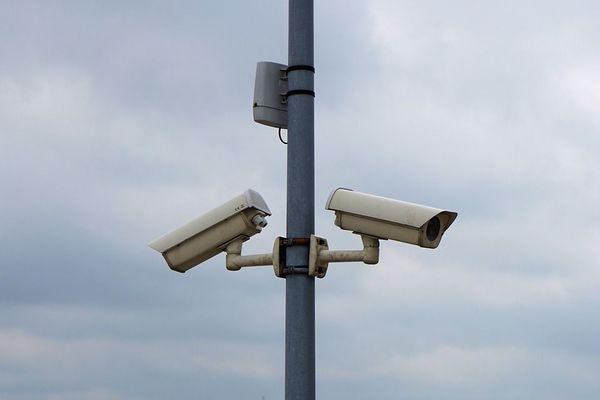
Black Friday sales hit an all-time record this year, Cyber Monday followed suit, and a new report on the total November's retail sales could indicate a positive sign for the U.S. economy.
Data from the Commerce Department shows that retail sales in November grew 0.3% despite the expectation that sales were going to decline after an October that saw a decrease of 0.2%. Total sales excluding cars and gasoline saw an increase of 0.6%.
Related: 'Buy Now, Pay Later' is more popular, and riskier, than ever
The report shows that eight of 13 retail sales categories saw a sales increase in November, led by restaurants and bars at 1.6%. Online sales rose by 1% while furniture stores rose by 0.9%.
This follows a report from the Commerce Department that the price of durable goods — which are longer-lasting items like vehicles, but exclude food and utilities — have decreased steadily over the back half of 2023.
Add to that report that the Fed could be cutting interest rates in 2024 and that the employment rate has continued to improve, and it could suggest that the U.S. economy is headed in a positive direction.
Related: Black Friday hits record sales, but troubling consumer behavior isn't adding up
But there are still a few notable statistics that U.S. consumers need to be wary of before rushing into major holiday spending.
Consumers are turning to different methods of short-term borrowing as U.S. credit card debt hitting a record-high of over $1 trillion in the third quarter of 2023.
The use of the "Buy Now, Pay Later" (BNPL) method increased by 47% during Black Friday in 2023 versus last year. Experts have suggested that BNPL could be a risky payment method for users due to the lack of regulation in the country.
Simplify the pulse of the market landscape with bite-sized intel from the masters. Real Money Pro is your dynamic financial ally, transforming market insights into strategic moves. Start your membership to elevate your portfolio.







